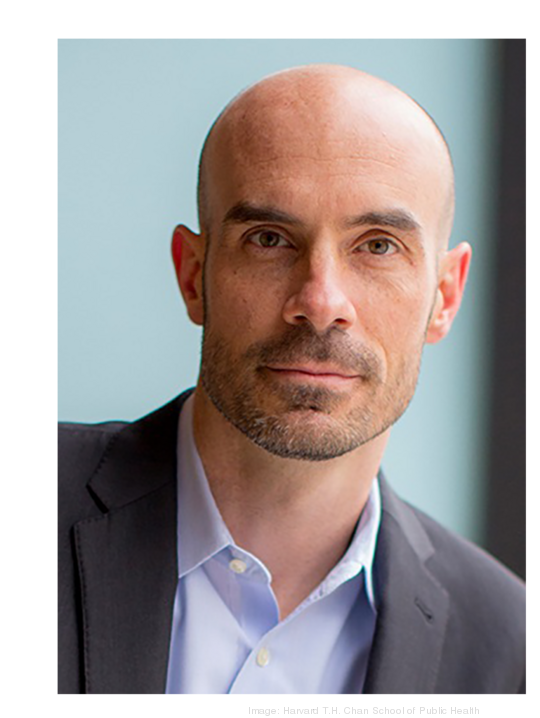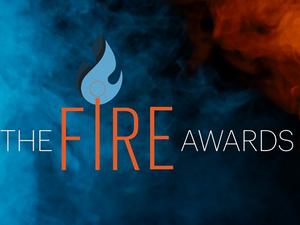
A new certificate program from the Harvard T.H. Chan School of Public Health aims to prepare business leaders for what it predicts will be a new health-first era.
The Public Health for Business Leaders Certificate Program will kick off this summer with its flagship course on creating a public health foundation for business success. This will be followed by additional courses on topics like healthy buildings, leveraging public health data for business insights and community and population health strategy. Enrollment is open and the first flagship course kicks off on June 16.
“Maybe for the first time due to the pandemic, executives and CEOs are recognizing that they have a gap in their organization. And that gap is public-health science and public-health principles,” said Joseph Allen, an associate professor and director of the Healthy Buildings program at the Harvard T.H. Chan School of Public Health.
Allen and Richard Siegrist are the faculty co-directors of the new program. Siegrist is a senior lecturer on health care management and faculty director of the doctor of public health program and master in health care management program.
Many companies started bringing on consultants and public health college faculty during the pandemic to advise on best practices, Allen said. However, business leaders are realizing that public health concerns are not going away and will continue to impact their decision making and success. This new course aims to help companies bring some of that expertise in house.
“Much like 9/11 ushered in a 20-year, security-focused era, Covid is ushering in a 20-year, health-first era,” Allen said. “Every decision is going to require an understanding of the public health implications on your business.”
All participants in the program will take the 1.5-day flagship course in June that provides an overview of topics like the business case for population health, corporate sustainability and remote work. Participants can then pick two additional courses to complete the certificate. Classes are offered remote and in person.
The two additional courses offered through the certificate give business leaders the opportunity to focus on specific areas of interest.
Despite the pandemic’s role in inspiring this program, the courses feature a broad range of topics. For example, Siegrist said one course will touch on algorithmic bias and developing representative data for AI. Another course he’s looking forward to looks at global health and topics within that, like health miscommunication and supply chain issues.
Siegrist said each course is co-taught by public health and business experts. Some of the industry instructors for this program include Yele Aluko, chief medical officer in EY Americas Business Consulting Health Sector; Trishan Paunch, a primary care physician and co-founder of Wellframe; and Diana Han, the chief health and well-being officer at Unilever.
The flagship course will enroll between 50 to 70 business leaders ranging from managers to C-suite executives. Siegrist said they plan to hold the flagship course twice a year and the additional courses once a year. The courses range in price from $2,880 to $2,950.
Outside of Harvard, Allen has spent part of his career acting as an advisor to companies on public-health matters. Most recently he consulted with JP Morgan on healthy building strategies for its New York City headquarters. He’s witnessed this internal push for business leaders to become knowledgeable about public health, and he believes this course will address this need in an accessible way.
“They don’t want to be going outside hiring consultants and advisors or trying to pluck a faculty member from a school,” Allen said. “You have to be able to talk about health in this next era. Not just because of the pandemic. Climate is a health threat. Racial inequity is a public health problem with public health solutions. We could list every single challenge the world is facing and public health is going to be at the core of the solution.”








